Interview: Singer/Songwriter Matt Costa
Matt Costa was discovered the way many young guitar player dream about: he was sought out by his guitar heroes.
His homemade demo reached the hands of Tom Dumont (No Doubt), which eventually led to a musical kinship and his first full-length album, Songs We Sing. He was then recruited by Jack Johnson to join him on a world tour. Over a decade later Costa has grown into his own with a new self-titled album, Matt Costa, and a nationwide tour that stops at Slim’s on March 23rd. We caught up with Costa to talk about recording with Belle and Sebastian in Glasgow, filming in San Francisco and his reverence for street musicians.
You’re a hard guy to track down. Why the resistance for technology?
Oh, I am. Just certain kinds (of technology) you have to [resist]. Right now I’m messing with some old guitar pedals and making them sound new. My bass player quit so I’m reassessing things. We just brought him on and he realized he couldn’t make it out for the tour so he bailed. It just gives everyone more time for solos.
Going back to 2008, in your video for “Mr. Pitiful,” there are shots of San Francisco among other California cities. I know you’re a native of Huntington Beach, but it is there a special place in your heart for the Bay?
Yeah, I’ve actually always been fond of Northern California. When I wrote that record it was in Sacramento. When it came time to do the video the place we had in mind was Santa Cruz, and that was our destination. From there we figured we’d go to the city. We just kind of charged it. You need permits to shoot the Golden Gate Bridge so we did it guerrilla style. We also shot in a Brussels Sprout field, which are good even raw. And just so you know, they won’t let your ride the cable cars with a drum on your back.
That’s odd. This IS the city of acceptance.
Yeah, there are a lot weirder things that happen I’m sure.
On your earlier albums, Unfamiliar Faces and Songs We Sing, you received many comparisons to the Beatles and Bob Dylan. How did you feel about these comparisons and did they create expectations?
Well, I think that comparisons and expectations in music are always going to be there. As far as the songs go, you just try and write as good as song as you can. People are always going to compare you to something. If you play acoustic guitar and play harmonica people are going to say Bob Dylan. If you write a pop song and play piano, people are going say the Beatles. It all comes from a good place.
I guess it depends on the comparison, too. If someone compared you to Iron Maiden, I don’t think it would have as much clout.
I’d probably think I was delusional.
You were discovered by two iconic guitarists in Tom Dumont and Jack Johnson, how did this develop and/or influence your musical career?
Those two people have been really kind to me and the influence was more of an overall way to treat other musicians. Because all the people they’ve been around, there’s a real community. Especially Tom, he’s very known to people around Orange County and the world. Same with Jack, they’re really open and communal and that’s something I’ve tried to carry on.
When I started writing music I wasn’t part of a scene. Other bands were in scenes and I was kind of on my own. It was nice to have people who welcome that and I try to keep that energy going with friends and musicians I meet. You have to keep the family together. I’ve brought musicians on tour and we’ll play together live. This time I’m touring with Carly Ritter, who my friend Joachim Cooder produced.
I feel like it’s harder to be discovered as a singer/songwriter.
You’ve always heard it’s a hard thing to get into. I’ve been fortunate myself to make music and I’ve got to meet a lot of creative people from it. My last record we were in Scotland, and we recorded with Scottish musicians, most notably Belle and Sebastian. I’ve been a fan for a long time and I never would have imagined recording with them. You just have to stick with what you do and keep writing songs you like.
Then there are people that play on the street. I saw a dude in San Francisco and he was amazing. I gave him $20. He was playing Sam Cook and Smokey Robinson. I recorded it and listened back the next morning, because I thought maybe I was just drunk. If you keep your ears open, you’ll be surprised by what you find out there.
http://youtu.be/6O9GoqsvuA8
On the album Mobile Chateau, you added an unexpected twist to your music and deviated from the singer/songwriter style of your first efforts. It was sort of like eerie saloon rock. Why the change?
I was really inspired by those old folk recording that you stumble across from the 20s and 30s. They have an eerie quality to them, just the way they are recorded. I gifted the Anthology of Folk Music to my friend and he put it on one night while he was making dinner. It was pretty intense stuff, very demanding of your attention.
I recorded Mobile Chateau with the spirit of that folk rock, and I was able to put the songs in a place where they were more haunting. I sort of always liked that sound. It takes you to another world, sonically. It was my homage to folk and 60s rock because I never lived in it and I wish that I could.
You just released a new self-titled album. How was recording in Glasgow? How was the production of this album different from past efforts and how did it influence you? For example, “Silver Sea” sounds like it had Celtic influence.
That’s funny because “Silver Sea” is the only song I recorded in the states. I had listened to a lot of Celtic music and Ballads when I was in Glasgow so that stuff was going through my brain. When I recorded the record, one of the fortunate things that I could do was have a lot of string arrangements and have someone help me bring those across in a real nice way. So that’s something on this record that I’ve always wanted to do.
On “Silver Sea,” my friend who’s touring with us, Joachim Cooder, played those accompaniments. He had all the instruments and gear in the back of his van and it probably sounded the same out of his van as it did on the album. It almost has this merchant quality to it. I’m really proud of the way they sound.
There was influence from all over. I listened to some sea shanties a couple years ago, and even traveled through Nova Scotia, which is close to Scotland. Just being there and listening to a lot of traditional music, that stuff comes out eventually. Spending time in Scotland definitely influenced me and playing with a number of different local musicians was great because everyone hears things differently.
It seems so much more peaceful than a place like New York.
Glasgow is actually fairly reminiscent of New York. The city was built in the 1800’s so its relatively new, but they have a really cool cemetery there called the Glasgow Necropolis that they nicknamed the City of the Dead.It’s huge with a big Cathedral, one of the oldest buildings in the city.
It’s funny because before I left I’d written all the lyrics to the songs, but they really came to fruition when I was there. The song “Early November” talks about walking around cemeteries. Now every time my girlfriend sees a cemetery she wants to walk through it. It was cool in the moment, but I don’t want to visit every cemetery there is.
Digging deep in the vault, you’ve come a long way from playing Nirvana songs. What’s your favorite album?
I haven’t listened to them in forever. I liked the Unplugged album because I learned about other musicians that way, the Meat Puppets, Lead Belly, and I never heard that Davie Bowie song before. I’d say either that one or In Utero I probably listen to those the most. I try to be conscious of the music I listen to because it definitely helps shape what I play.
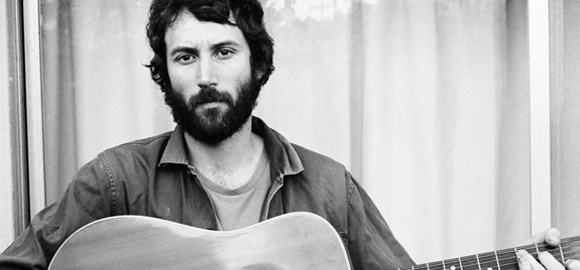


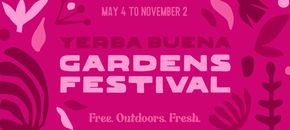
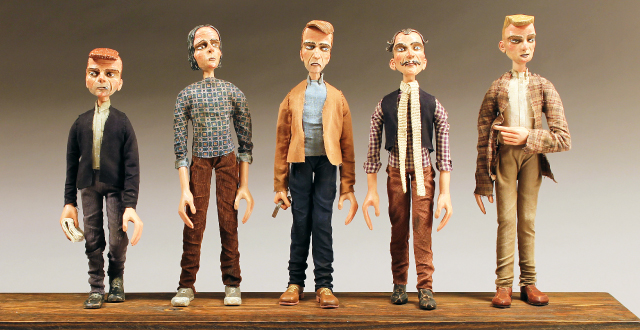
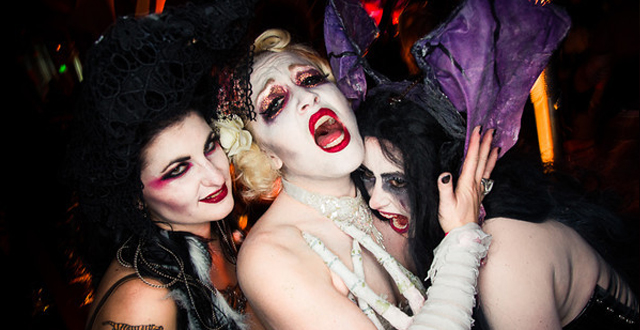
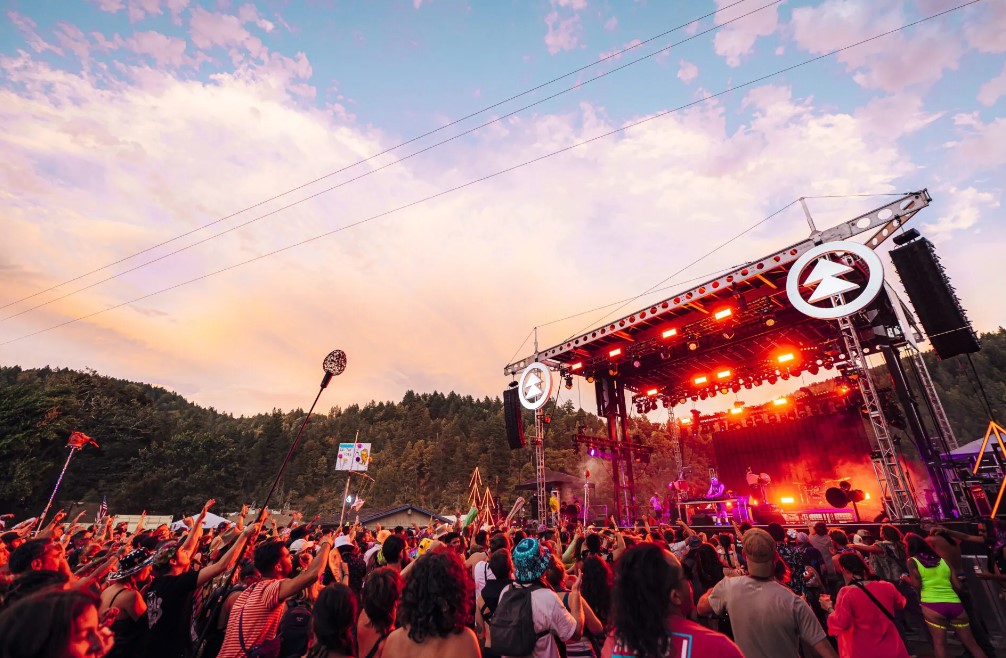
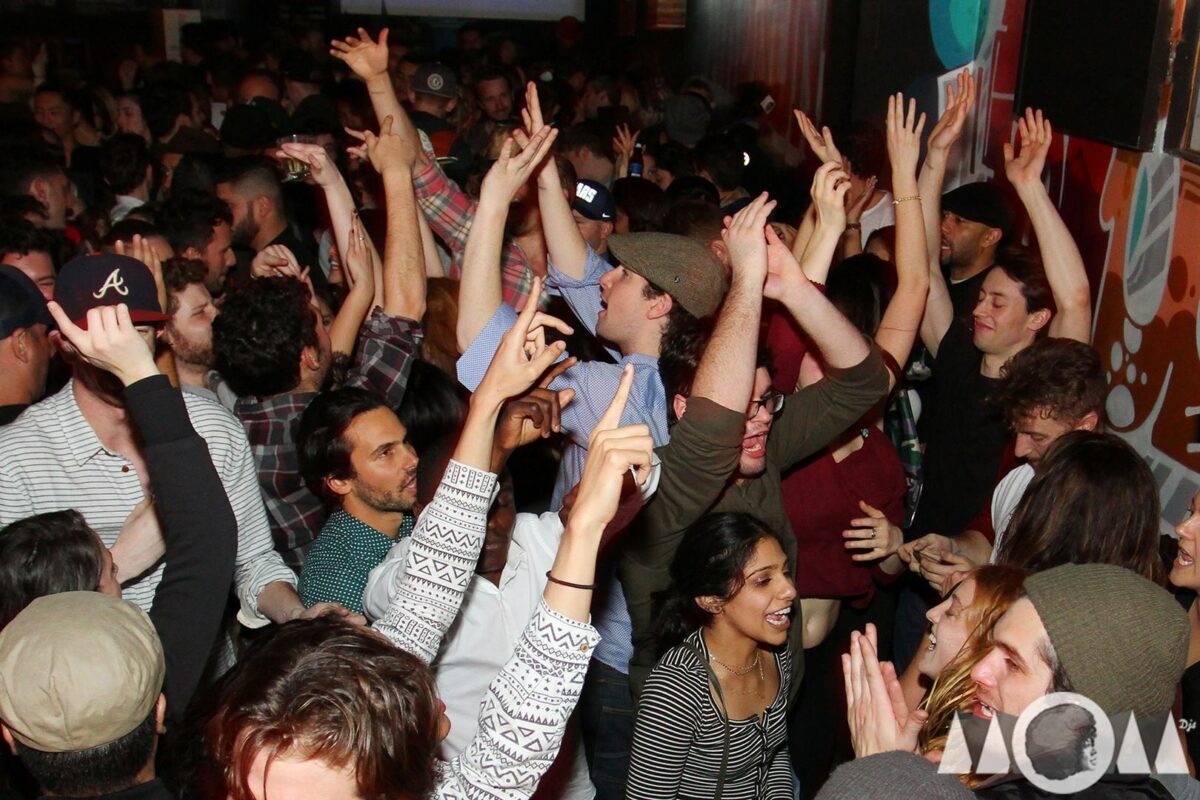
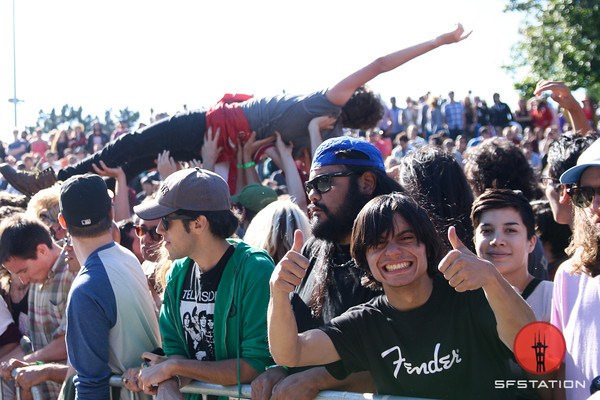
[…] http://pulse.www.sfstation.com/2013/03/21/matt-costa-interview-singer-songwriter/ Share this:TwitterFacebookLike this:Like Loading… This entry was posted in Album Review, Show Preview and tagged Matt Costa, Mobile Chateau, San Francisco, SF Station, Slims, Songs We Sing, Unfamiliar Faces. Bookmark the permalink. […]